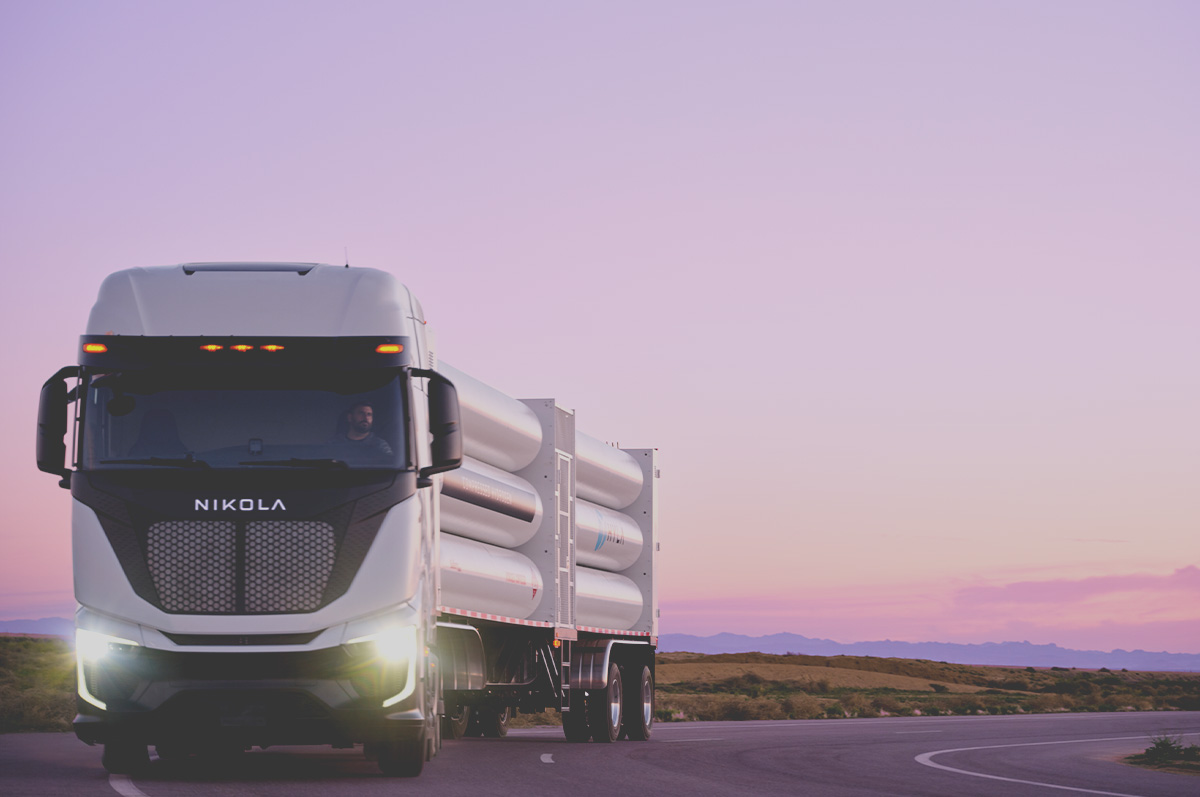Transportation
An overview of hydrogen’s significance in various modes of transportation, from cars to buses to trucks, highlighting its environmental benefits and technological advancements.
Hydrogen can be used as a transportation fuel in vehicles to significantly reduce pollution and greenhouse gas emissions. The transportation sector is responsible for nearly 30% of GHG emissions.
Hydrogen powered heavy-duty trucks and buses using fuel cell electric powertrains or hydrogen internal combustion engines are a promising application for zero emissions transportation where traditional electrification with battery electric vehicles is difficult. The heavy-duty sector accounts for 5% of the vehicles on the road but contributes to more than 20% of emissions and is the largest contributor of NOx in the United States.
Hydrogen vehicles can be 2-3 times more efficient than the same vehicle running on fossil fuels with an internal combustion engine. When compared to battery electric vehicles, hydrogen vehicles can travel greater distances and refuel more quickly, often on par with diesel or gasoline vehicles.
Visit these useful links to learn more:
News
Accelera Powers North America’s First Green Hydrogen Passenger Train
The Future of Energy is Happening at the Port of Long Beach in California
First-of-its-Kind Facility Turns Waste into Hydrogen
Nikola Hydrogen FCEV Class 8 Truck Named Winner in Sustainable Product of the 2023 Altair Enlighten Award
Yes, there are light duty vehicle available as well as Class 8 Heavy Duty Vehicles. The Class 8 trucks come in internal combustion engines (ICE) or fuel cell electric (FCE)
An ICE vehicle uses an engine powered by ingniting and combusting fuel similar to gasoline and diesel vehicles. A FCE or fuel cell electric vehicle uses a propulsion system similar to an electric vehicle where energy stored as hydrogen is converted to electricity by the fuel cell. These vehicles produce no harmful tailpipe emission. Additionally, hydrogen fuel cells are being explored in off-road, marine and locomotive markets.
Currently, there are no stations located in Texas. Several projects are awaiting federal and state funding.
Liquid organic hydrogen carriers will dominate hydrogen transport method. Hydrogen is bound to be limited to local production and consumption.
Transportation fuel will be the main driver and leading application for hydrogen. Hydrocarbon production, processing, and refining will catalyze green hydrogen production.
Air Quality is a consistent topic in Texas. Moving from older diesel vehicles to Fuel Cell vehicles could immediately clean up the State’s air. Fuel cell electric vehicles emit only water vapor and warm air, producing no harmful tailpipe emissions making it easier for all of us to breathe.
- Producing hydrogen from low-carbon energy is costly at the moment. IEA analysis finds that the cost of producing hydrogen from renewable electricity could fall 30% by 2030 as a result of declining costs of renewables and the scaling up of hydrogen production. Fuel cells, refueling equipment and electrolyzers can all benefit from mass manufacturing. Federal tax credits under the “Build Back Better” bill would give anyone producing “clean hydrogen” the choice of production tax credits of up to $3 a kilogram for 10 years on the hydrogen produced or an investment tax credit of up to 30% of the cost of the electrolyzer and other equipment.
- The development of hydrogen infrastructure is slow and holding back widespread adoption. Hydrogen prices for consumers are highly dependent on how many refueling stations there are, how often they are used and how much hydrogen is delivered per day. The State of Texas’s Texas Commission on Environmental Quality has introduced the Texas Hydrogen Infrastructure, Vehicle and Equipment (THIVE) grant Program. This Program encourages fleets to convert their older diesel vehicle to clean burning hydrogen and provides a portion of the infrastructure costs.
- Regulations currently limit the development of a clean hydrogen industry. Government and industry must work together to ensure existing regulations are not an unnecessary barrier to investment. Trade will benefit from common international standards for the safety of transporting and storing large volumes of hydrogen and for tracing the environmental impacts of different hydrogen supplies.




